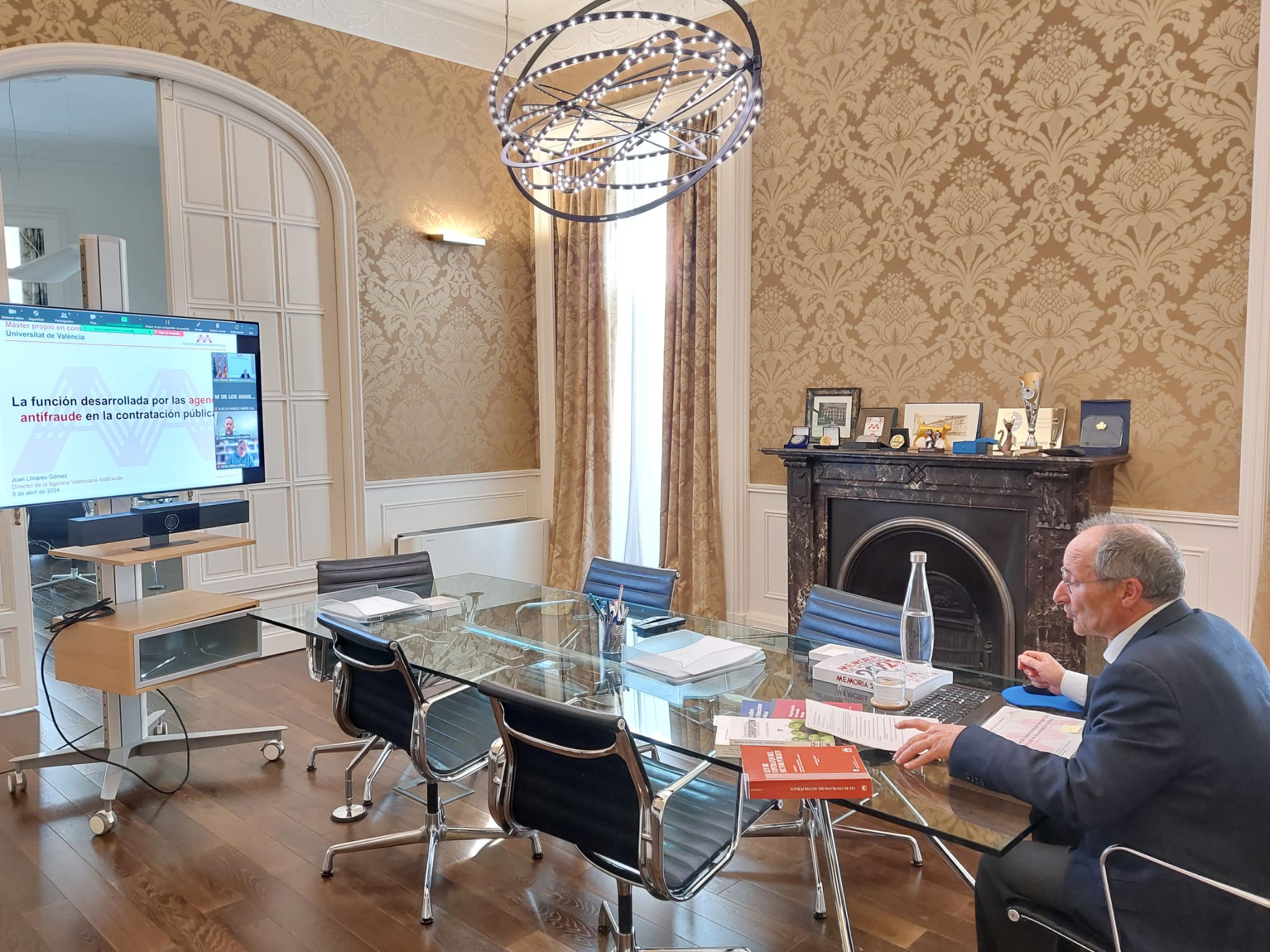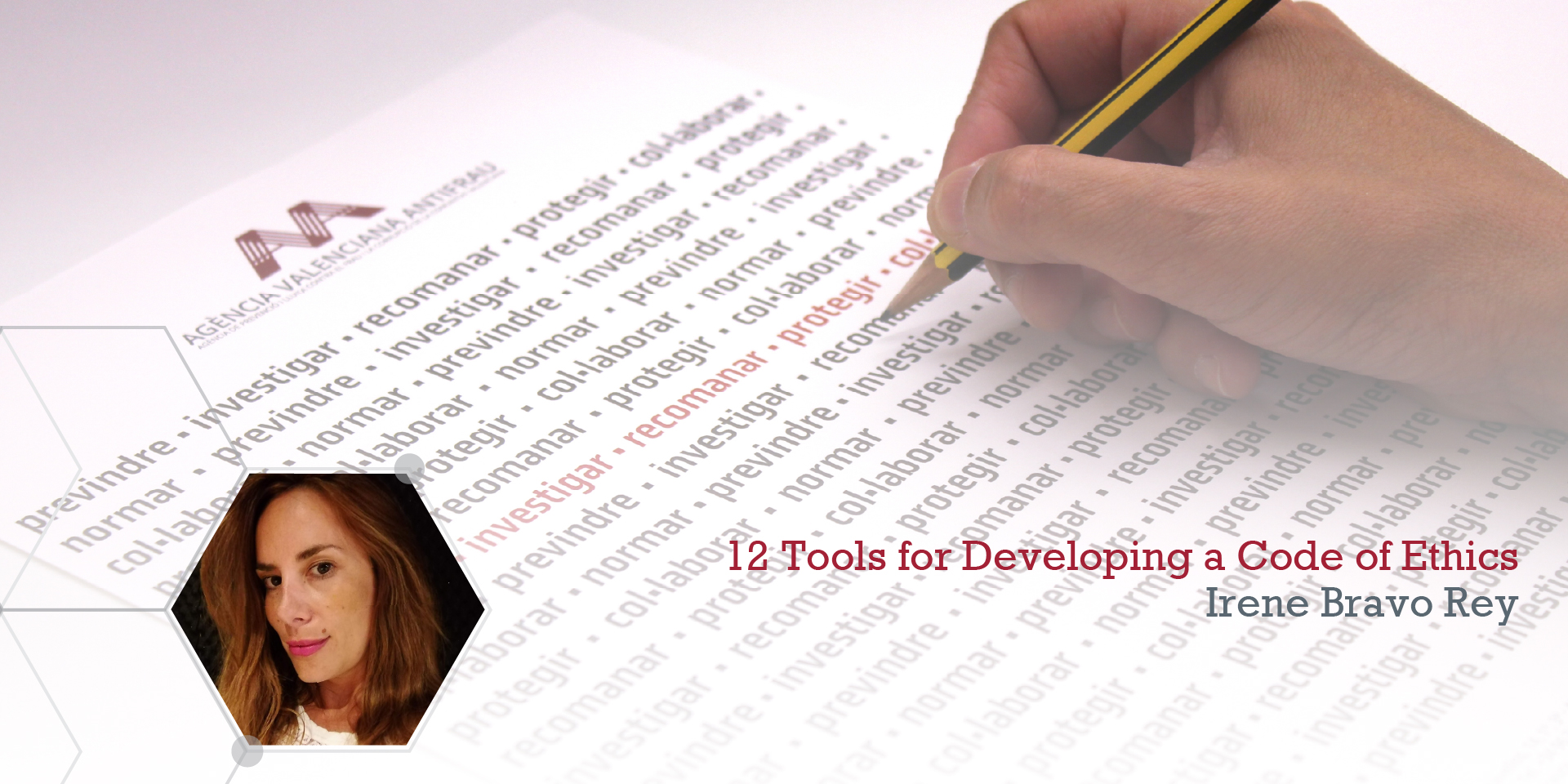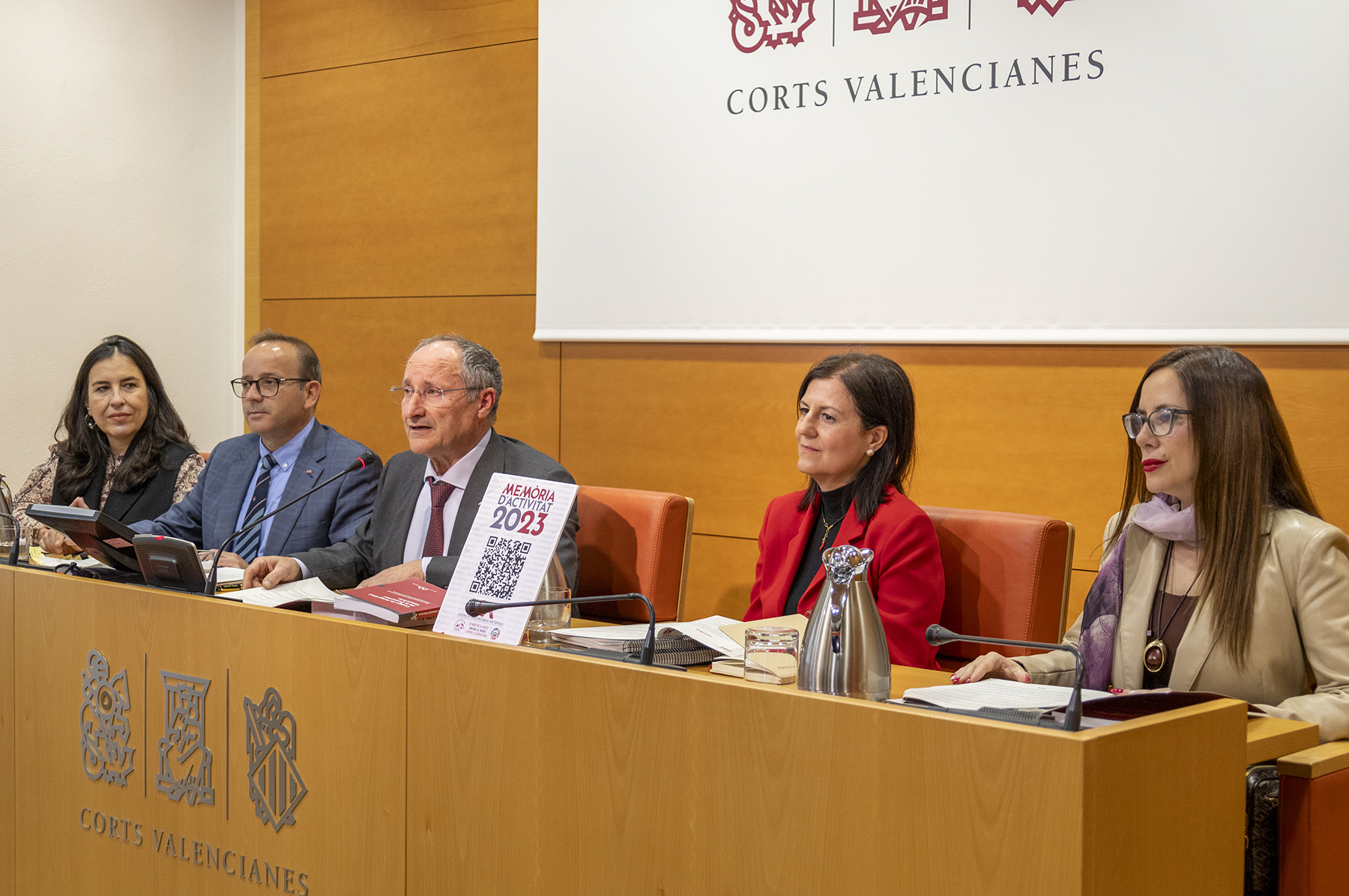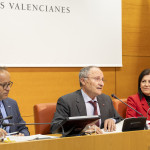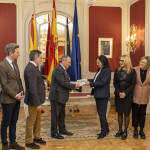#TrainingAVAF
On April 9, 2024, the Agency participated in teaching the Master of Public Procurement and Compliance at the University of Valencia, in its fifth edition. It is a Master’s Degree with a multidisciplinary approach in which, in addition to the Agency, different entities and universities collaborate.
The director of the Agency for the Prevention and Fight against Fraud and Corruption of the Valencian Community, Joan Antoni Llinares, gave the presentation “The function developed by anti-fraud agencies in public procurement” during the last session of the program of this fifth edition of the Master.
The objective of this training activity has been to raise awareness about the importance of public integrity and ethics to reduce fraud and corruption, participating in a Master’s degree at the University of Valencia, where students who are specializing in the different particularities of public procurement, both from the private and public perspective.
The Agency’s presentation is based on the focus on knowledge about risk behaviors that may end up constituting a crime in the course of preparing the administrative file, the award or execution of a public contract.
The director of the AVAF, Joan Antoni Llinares, began by contextualizing the anti-corruption policies in the international changes since the 1990s, to continue through the regulatory framework in relation to corruption, both from the international background and from the Valencian public integrity system. To focus on the development of the Agency’s functions and actions, highlighting the importance of prevention for good administration.
During the presentation, we started from the complaints received by different control bodies with an impact on public procurement, to observe the main risks of fraud and corruption that can occur in public procurement, emphasizing situations of conflicts of interest, illustrating his presentation with examples of malpractice.
The last part of the conference focused on prevention as a tool to combat fraud and corruption, from international reference manuals, to the material prepared by the Agency, such as the Integrity Code of the Valencian Community, and the different specific materials prepared in relation to public procurement.
The director of the Valencian Anti-Fraud Agency concluded his speech by thanking the University of Valencia for the invitation and the co-director of the Master, María Ángeles Jareño, and wishing the students much success in their professional future.


